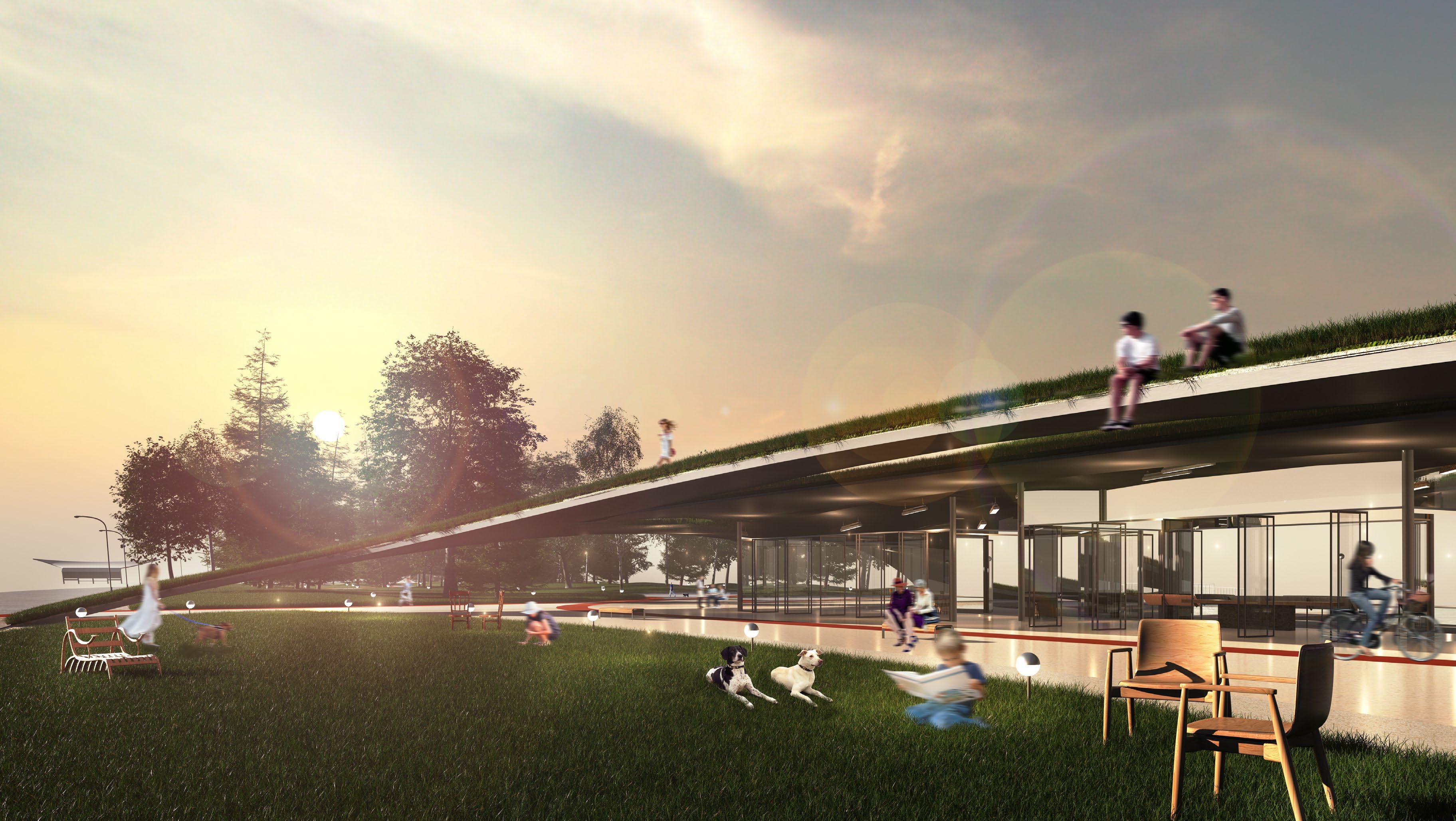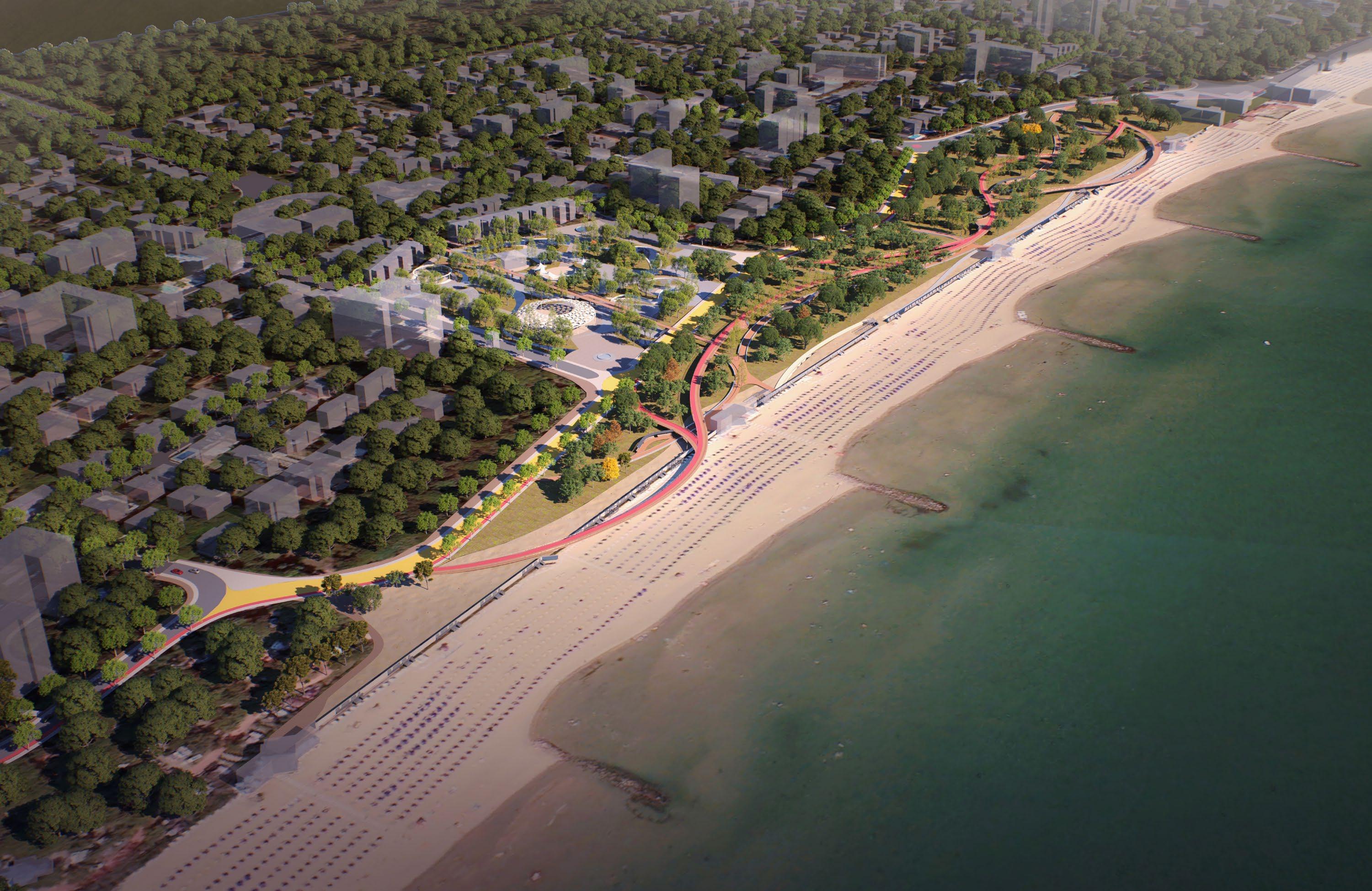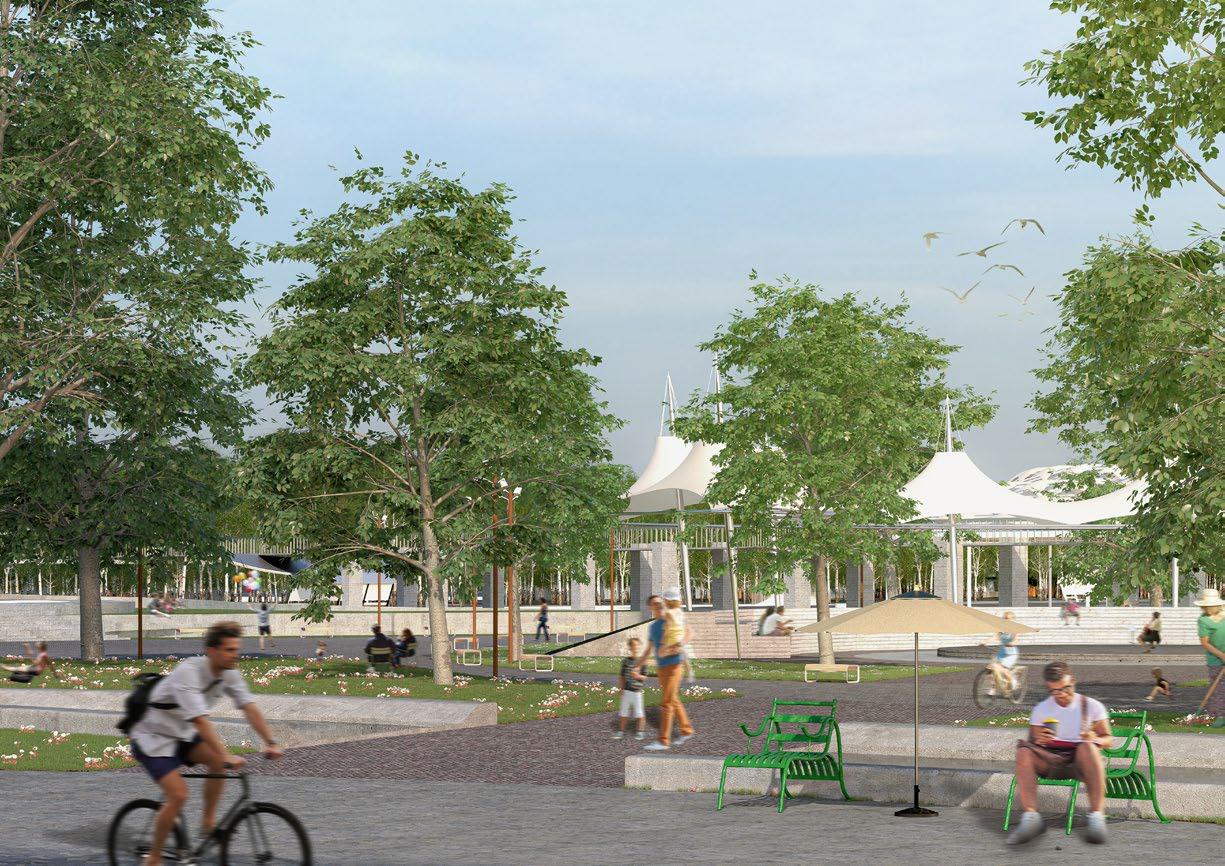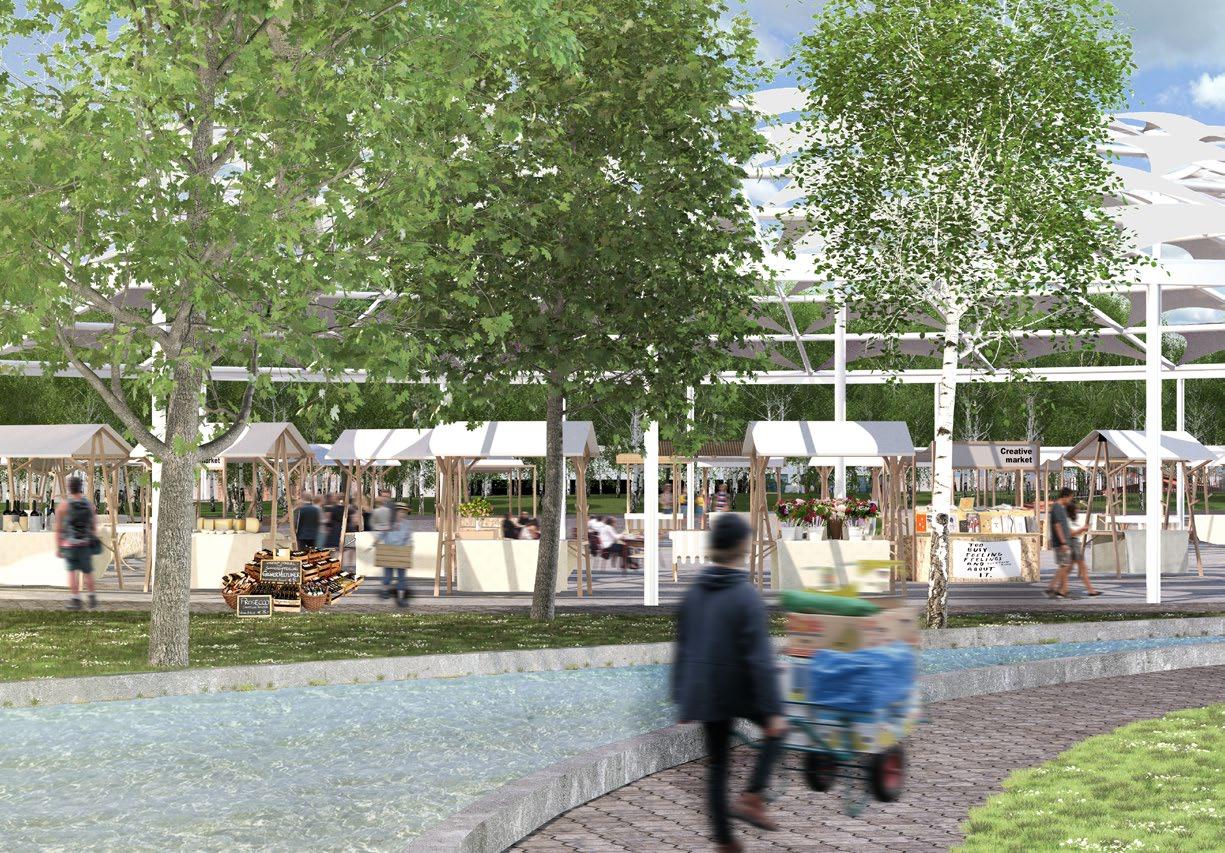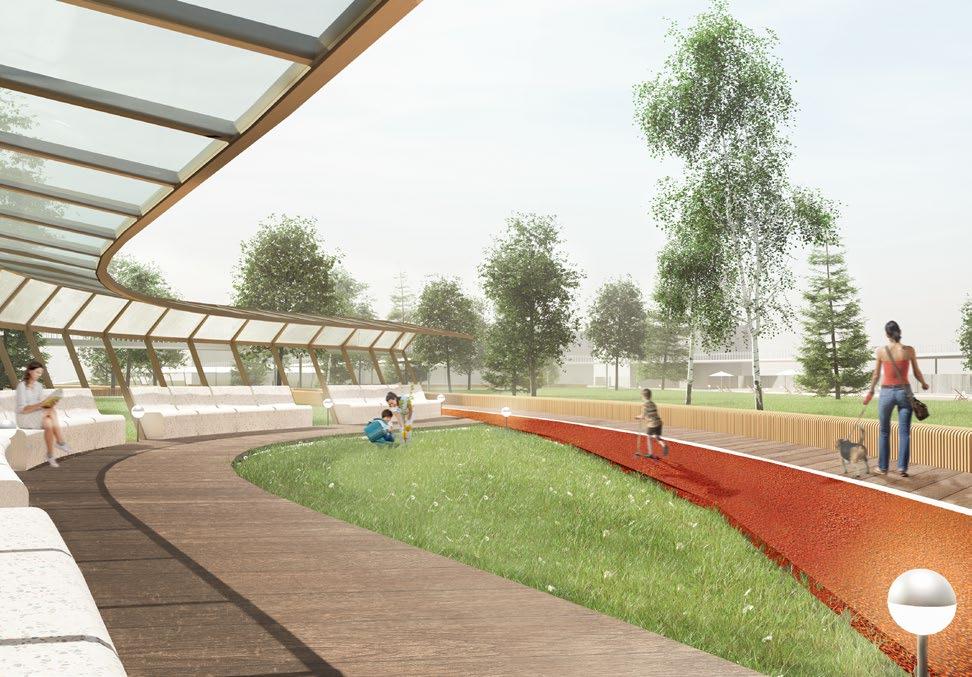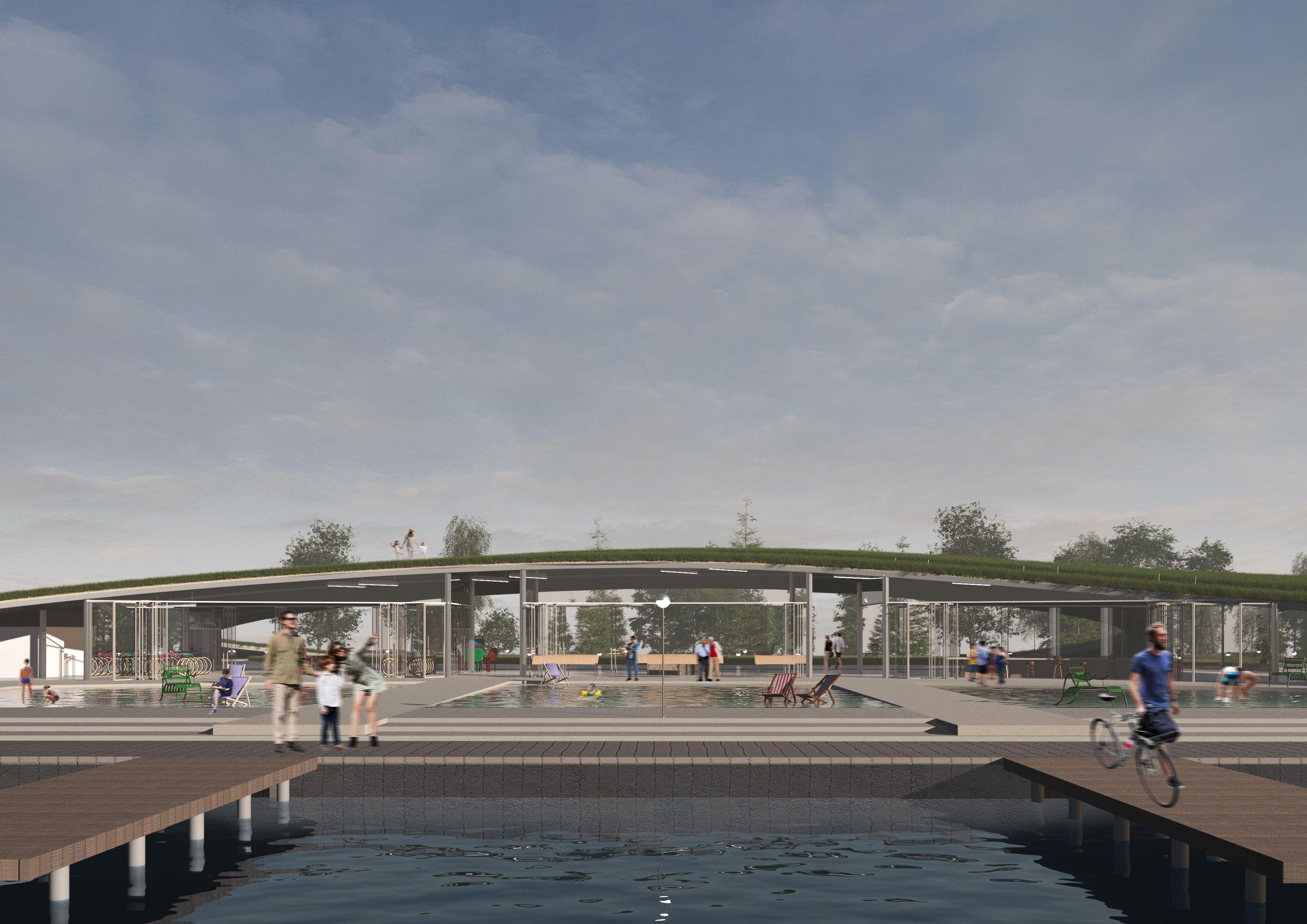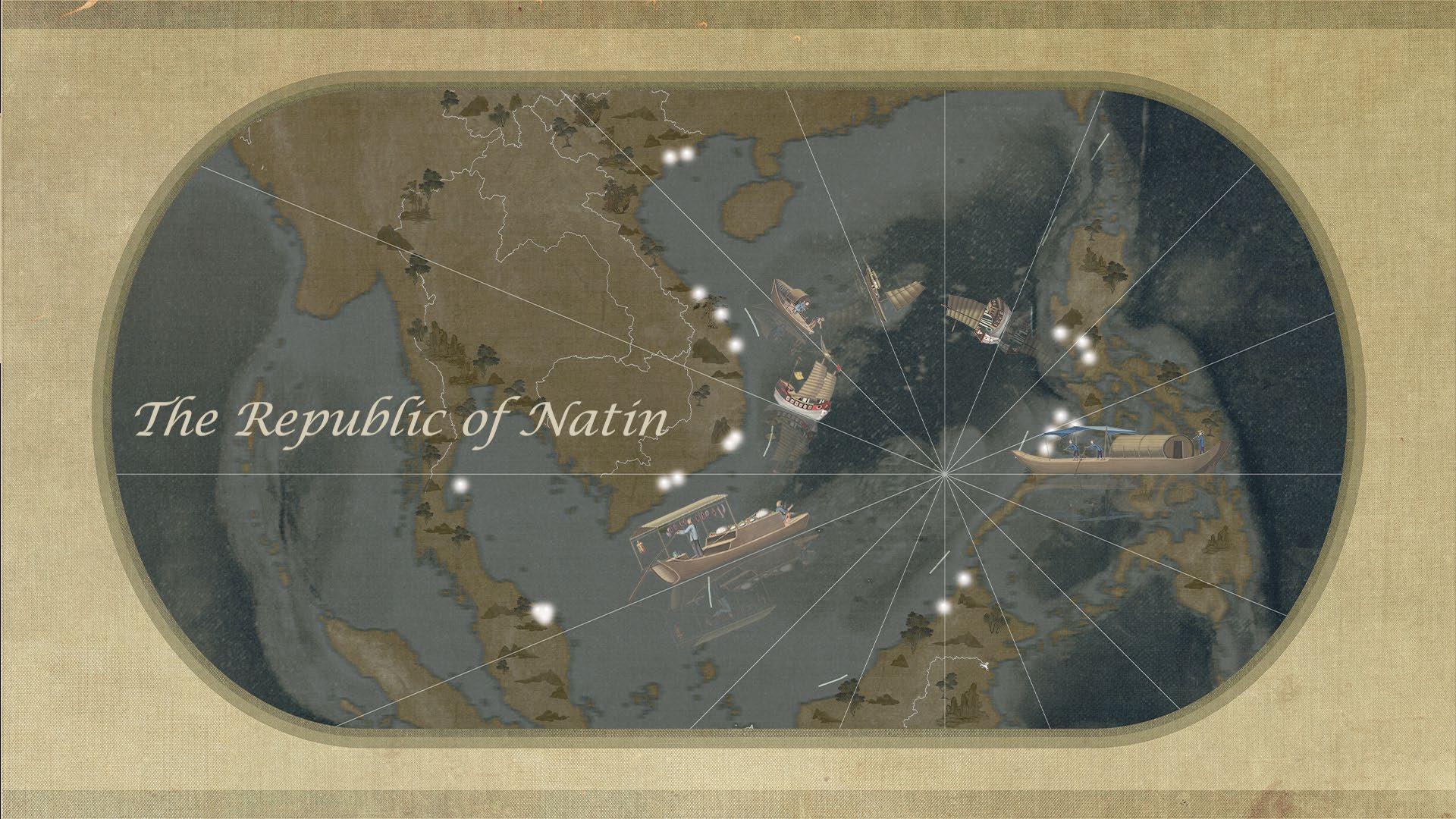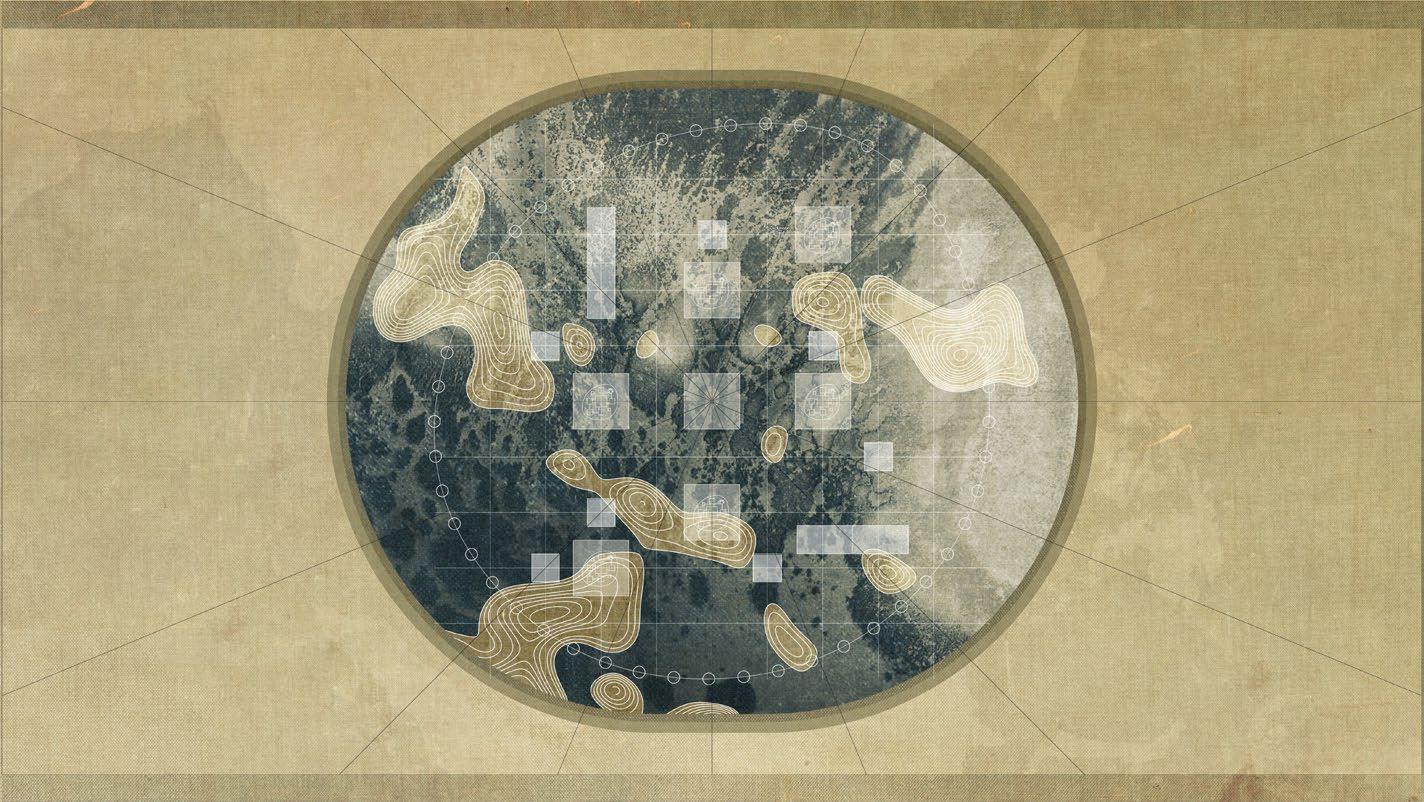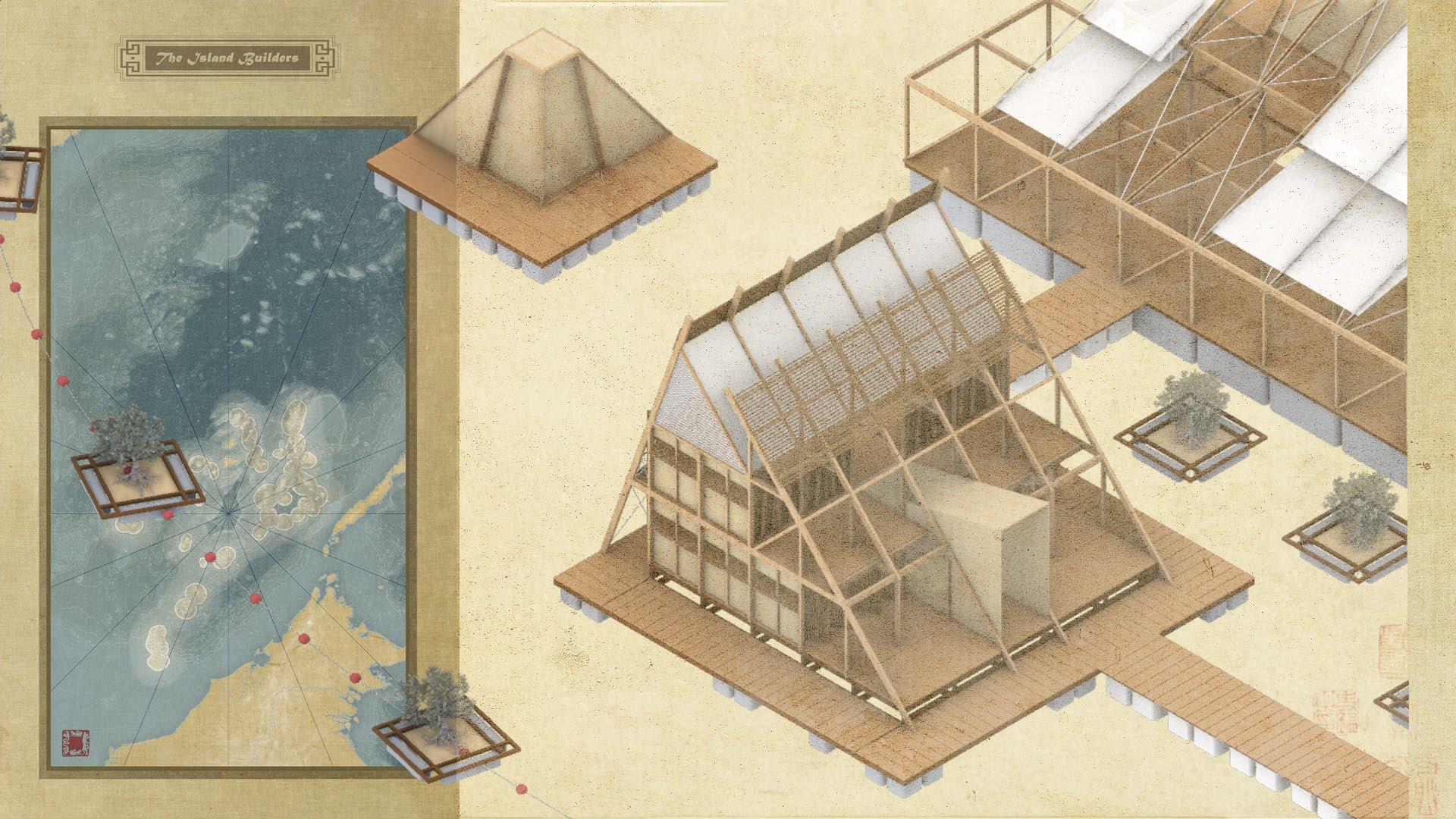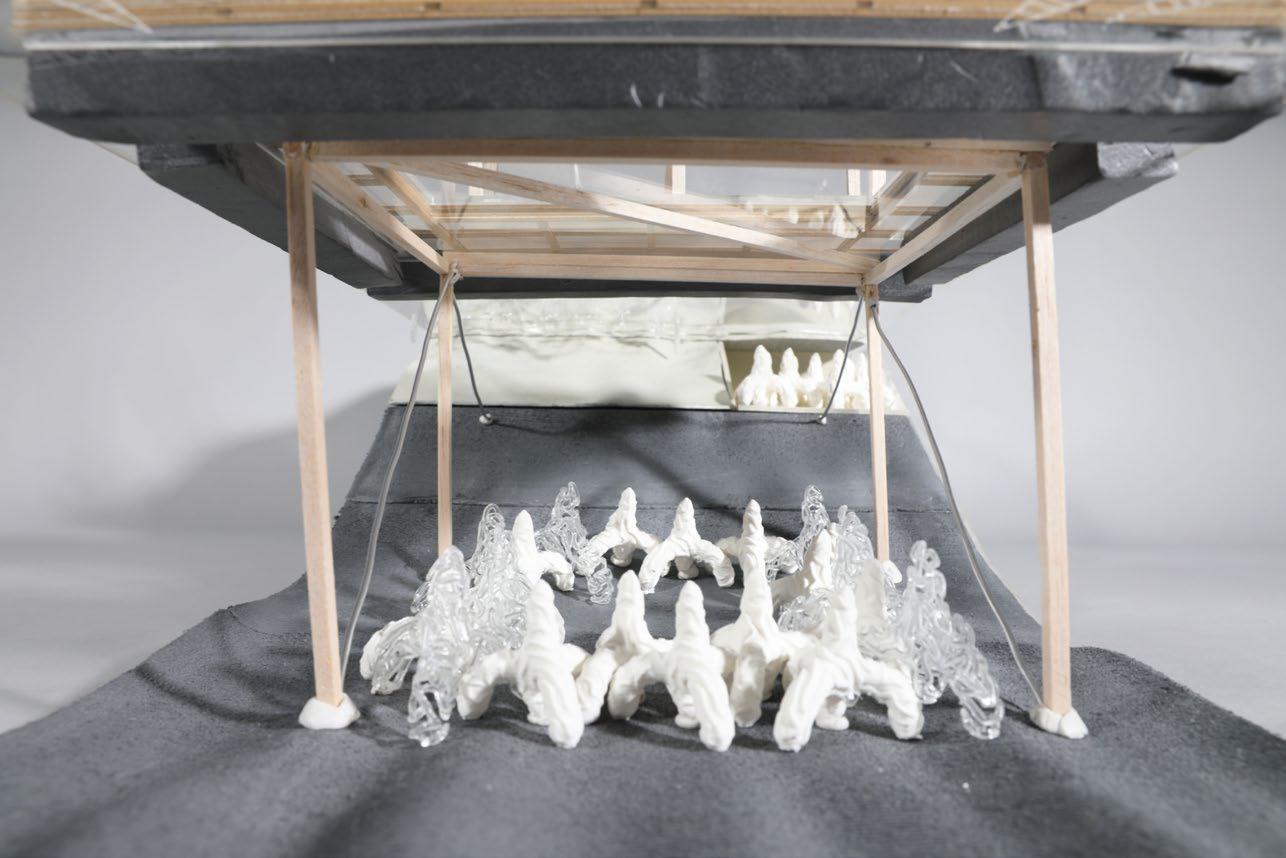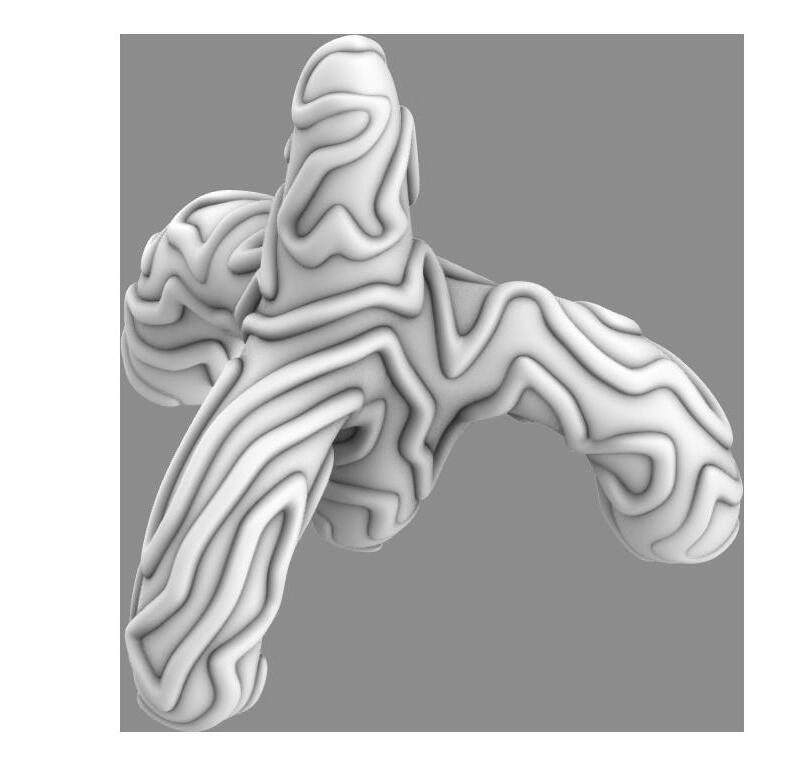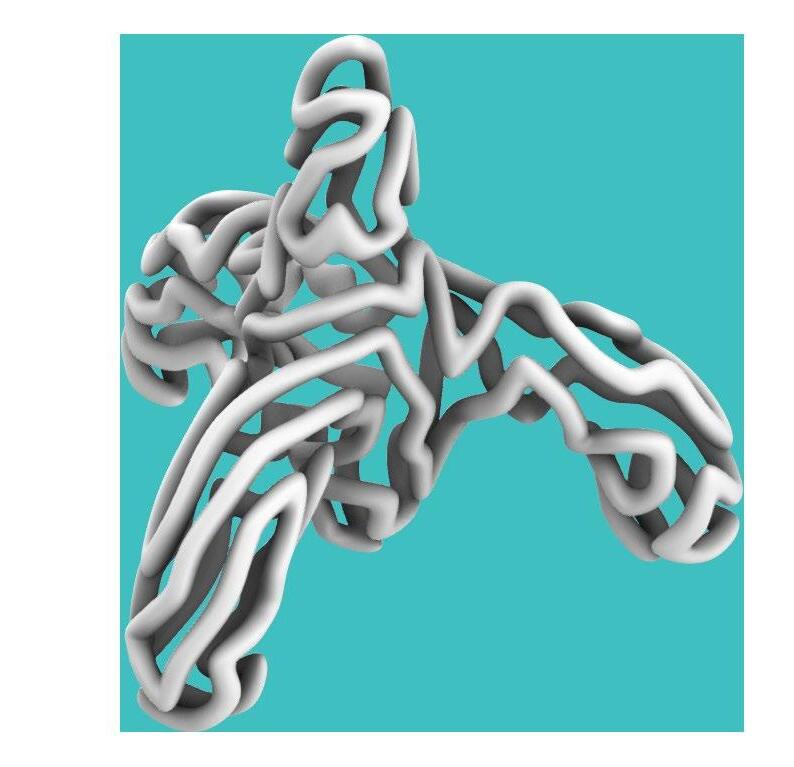The Breathing Vein
Golden Sand Waterfront Competition
The Golden Sand shoreline competition sought imaginative concepts to redesign the shoreline of Lignano Sabbiadoro, Italy, as a dynamic, ecological, and people-centered “lungomare.” The brief emphasised improving public space, incorporating green and pedestrian-friendly areas, and creating a stronger link between the city, the shoreline, and nature.
By integrating sensory experiences along the 2.5km shoreline—from vibrant public spaces to quiet zones for reflection— the design fosters inclusivity, ecological harmony, and a deeper cultural identity. A reimagined transport strategy prioritizes pedestrians, cyclists, and a shuttle bus lane while diverting private cars, ensuring an urban environment where locals and tourists can coexist meaningfully with nature and water.
The Breathing Vein
— A new 'Lungomare' for Lignano Sabbiadoro
RICCARDO RIVA'S BOULEVARD , PEDESTRAIN PATH , INBETWEEN SPACE
Everyone who walks in the city weaves together locations walking is a process of stopping shifting and crossing chaotic yet orderly
Our project aims to enrich the lignano sabbiadoro waterfront experience by integrating the 5 senses along a 2.5km path from passo barca, incorporating diverse spaces from dynamic to static , and engagement with nature while criticising the current transport and commercial structures that disconnect locals from the waterfront. By proposing a design that weaves together the community and the waterfront, we seek to restore the connection between lignano riviera and its shorefront, fostering a harmonious coexistence between residents and their natural surroundings.
Waterfront pedestrian
View of Children's Playground from Cafe Module
Pergola and Cycle lane
The Island Builder
South China Sea
2024-2025
The project is a resistance to the current capitalist-driven sovereignty over the sea, proposing a new form of governance centered on ecological restoration and shared stewardship. It envisions displaced fishing communities coming together to build floating settlements that focus on rebuilding marine ecosystems while challenging the militarized and exploitative claims to the sea. The ownership of the islands is not vested in individuals or nations, but rather in the collective responsibility of the community to care for and sustain the environment. This model redefines sovereignty through cooperation, ecological balance, and sustainable development, rather than force or territorial dominance.
Structural Artificial Reef Structure
Sea Surface
Mangrove Saplings
Coral Nursery
Coral Breeding
Sand Capture
